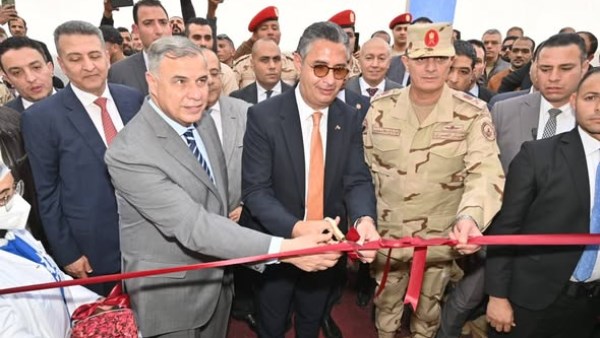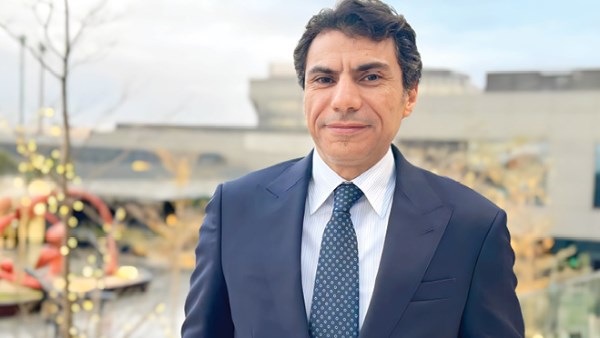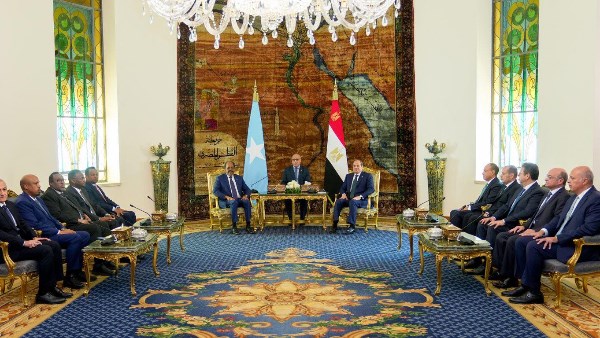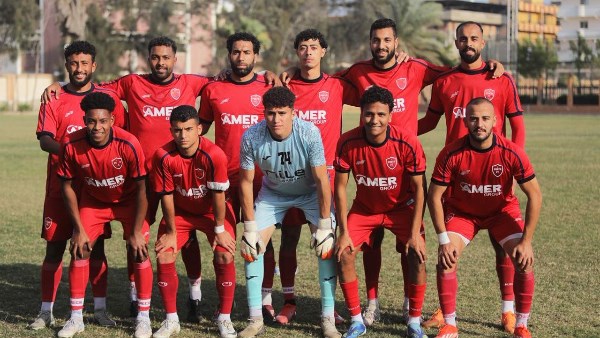
Iran says any retaliation will be met with a powerful response
Israel to Hold Talks in US as Tension Builds on Iran Riposte
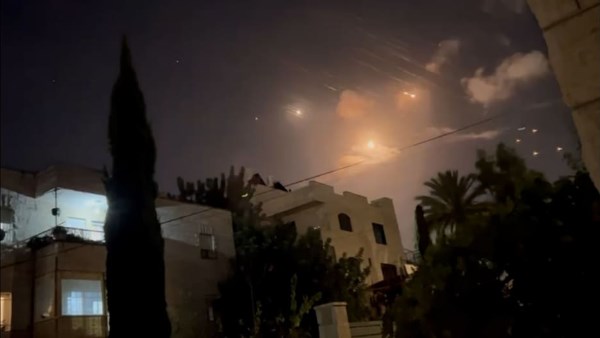
Israel’s defense minister is set to travel to Washington as the country weighs how to respond to an Iranian missile attack a week ago and steps up its military operation against Hezbollah in Lebanon.
Yoav Gallant will discuss “ongoing Middle East security developments” with US Defense Secretary Lloyd Austin on Wednesday, the Pentagon said. As well as considering a riposte to Tehran, Israel is engaged in an ever-broader conflict with Iran-backed Hezbollah, reinforcing its ground troops and maritime forces on Tuesday.
US President Joe Biden has urged Israel not to attack Iran’s nuclear program or oil infrastructure, amid concerns either move could trigger a wider war that drags in Washington, pushes up energy prices and hurts the global economy.
Focusing on military targets
The US and its allies have been coordinating communications to convince Israel to focus instead on military targets, according to people familiar with the matter. Hitting energy infrastructure would be unacceptable for some, they said, speaking on condition of anonymity.
Israel’s Prime Minister Benjamin Netanyahu has said Iran made “a big mistake” with its salvo and will “pay for it.” The barrage of 200 ballistic missiles caused little damage, with one fatality in the West Bank, but millions of Israelis were forced into shelters and some air bases were hit.
“If Gallant is due in the US this week, it’s clear Israel’s response against Iran has been delayed,” Aaron David Miller, a Carnegie Endowment for International Peace senior fellow and former Arab-Israeli negotiator for the US government, said on X. “The complexities of escalation and the need to convince — and perhaps coordinate — Israel’s response with the US seem to be top of mind.”
Iran says any retaliation will be met with a powerful response.
“We advise Israel not to test our will,” Iran’s Foreign Minister Abbas Araghchi said Tuesday in Tehran. He spoke ahead of a regional tour of countries including Saudi Arabia to boost efforts to rein in Israel’s military campaign in Lebanon.
The head of the Central Intelligence Agency, William Burns, said Monday there’s a “potential for inadvertent collisions, misunderstandings, actions that take on a life of their own.”
He added that “the Israeli leadership is weighing very carefully how it’s going” to react to Iran’s salvo and that it will take into account the White House’s concerns.
Yet Netanyahu hasn’t shown a willingness to follow US advice on several occasions in recent months. He rebuffed calls from Washington for a cease-fire in Lebanon, saying Israel would continue attacking Hezbollah’s leaders and degrading the group.
The US has similarly failed to broker a cease-fire between Israel and Hamas in Gaza after months of on-off talks.
The standoff between Israel and arch-foe Iran comes as fighting escalates on multiple fronts a year after Hamas militants launched a deadly attack on southern Israel, triggering the ongoing war in Gaza.
Heavy bombardment
The Israel Defense Forces said Tuesday a fourth army division had been deployed in Lebanon a week after the start of a ground operation against Hezbollah, the most powerful of Iran’s allied militias. Israeli jets have also carried out a heavy bombardment of Beirut’s suburbs and other areas.
More than 1,500 people in Lebanon have been killed by Israeli strikes in recent weeks and around one million have been displaced, according to local officials. The IDF says 10 soldiers have died in the campaign, which Netanyahu has said is essential to return displaced Israelis to their homes in northern communities.
Late on Tuesday, Gallant said Israel had killed “the entire upper echelon” of Hezbollah and that Nasrallah’s presumed successor, Hashem Safieddine, was also “apparently” dead, according to comments aired on Israel’s Channel 12.
Despite the losses, Hezbollah’s deputy chief, Naim Qasem, said the group won’t back down from striking Israeli territory or fighting Israeli troops.
The IDF said about 135 projectiles were fired by Hezbollah into Israel on Tuesday. Haifa, the country’s third-biggest city, experienced heavy attacks.
The US and many other countries consider Hamas and Hezbollah terrorist groups.
In a sign that Israelis want a forceful retaliation, opposition leader Yair Lapid said Netanyahu should ignore US objections and strike oil facilities in Iran, an OPEC member that exports 1.7 million barrels of crude a day.
“This is Iran’s Achilles’ heel, a blow to its economy — the Iranian economy is in a very precarious state,” Lapid, a former prime minister, told the public broadcaster Kan. The government should tell its US allies that “Israel has its own interests,” he said.
Israel could target oil facilities without necessarily disrupting Iran’s exports. That could happen if it opted to hit refineries or other facilities designed to supply the local market.





-1120252475029447.jpg)



